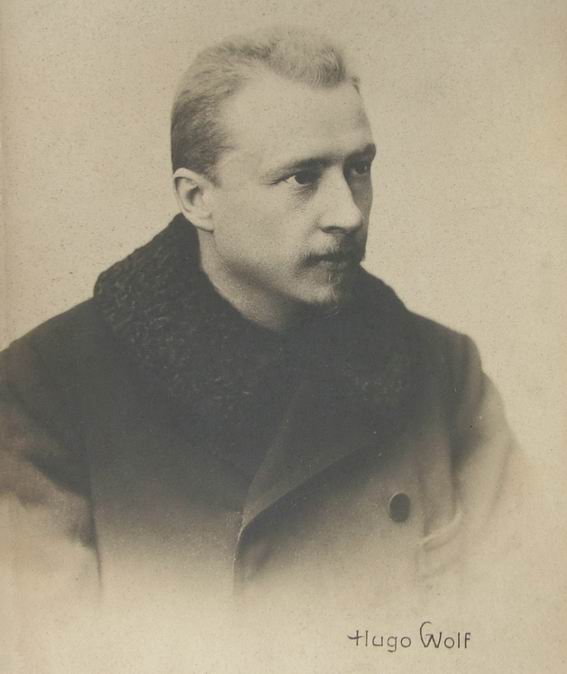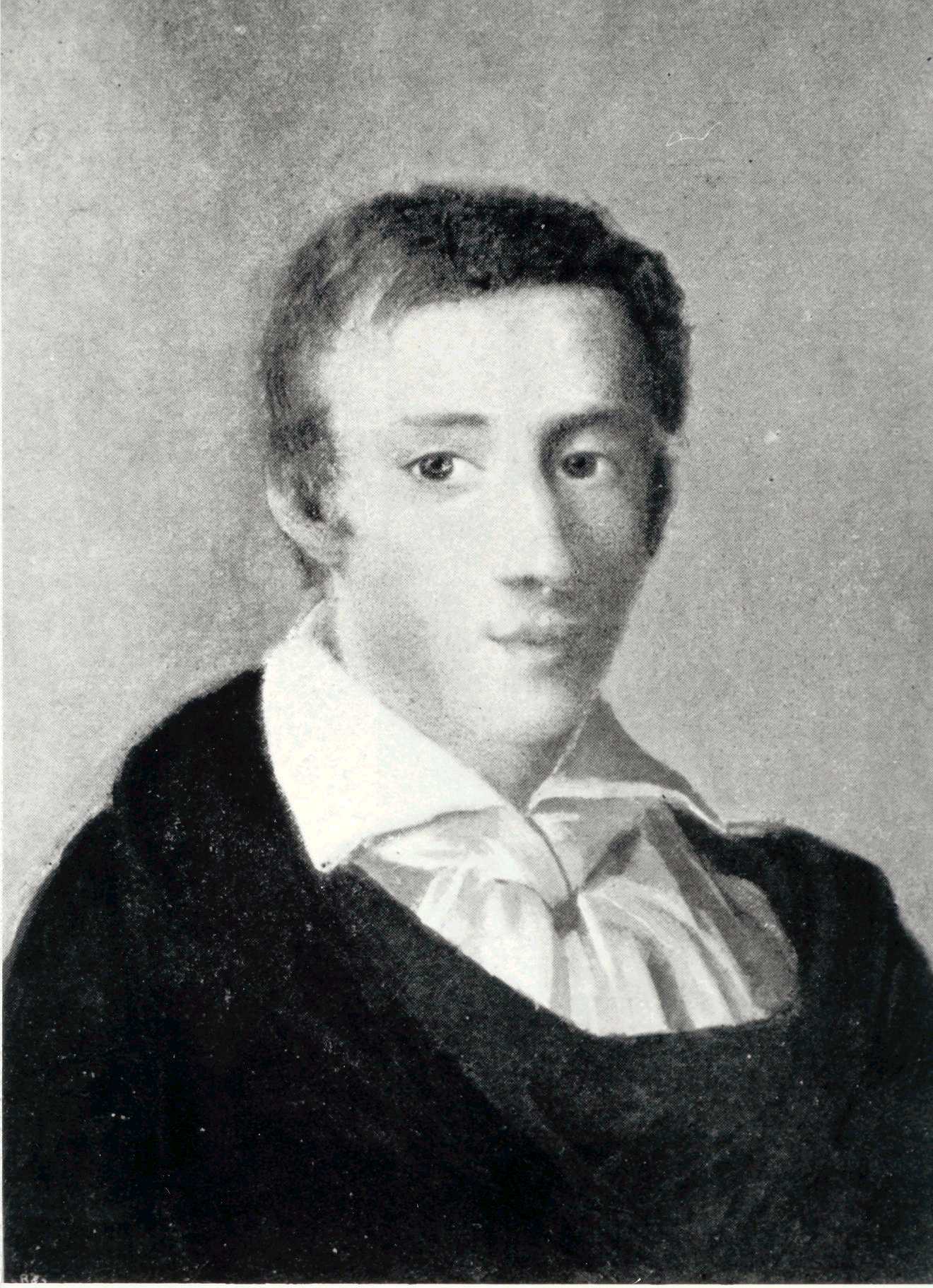|
Fyodor Druzhinin
Fyodor Serafimovich Druzhinin, also Fedor, (; 6 April 1932 in Moscow – 1 July 2007) was a Soviet Union, Soviet viola, violist, composer and music teacher. Druzhinin studied viola at the Moscow Central Music School with Nikolai Sokolov (1944–1950) and at the Moscow Conservatory with Vadim Borisovsky (1950–1957). In 1957, he won first place at the All-Union Competition of Musicians in Moscow. He replaced Borisovsky as violist of the Beethoven Quartet in 1964. From 1980, Druzhinin was the head of the viola department at the Moscow Conservatory. Among his students are many noted violists such as Yuri Bashmet, Yuri Tkanov, Alexander Bobrovsky and Svetlana Stepchenko. Druzhinin composed several works for viola. His ''Fantasia for Viola and Orchestra'' is best known. He worked closely with Dmitri Shostakovich and other composers such as Mieczysław Weinberg (Moisei Samuilovich Vainberg), Alfred Schnittke, Andrei Volkonsky, Roman Ledenyov. Shostakovich wrote his last composi ... [...More Info...] [...Related Items...] OR: [Wikipedia] [Google] [Baidu] |
Viola Sonata (Shostakovich)
The Sonata for Viola and Piano, Opus number, Op. 147, is the last composition by Dmitri Shostakovich. It was completed on July 5, 1975, weeks before his death. It is dedicated to Fyodor Druzhinin, violist of the Beethoven Quartet. Background Surviving rough drafts of the sonata's first movement, which use a bass clef instead of an alto clef, alto, suggest that Shostakovich may have originally conceived the work for cello. According to Sofia Khentova, the viola sonatas of Mieczysław Weinberg and Grigory Frid had been the impetus for Shostakovich to compose his own. His Viola Sonata also marked a return to an idea that the composer had expressed in the mid-1930s of writing a cycle of works for instruments not usually considered ideal for solo roles. Shostakovich first announced his intention to compose the Viola Sonata in May 1975 to the management of Leningrad's St. Petersburg State Academic Capella, Glinka Maly Hall. In response to their proposal for a concert that would simultane ... [...More Info...] [...Related Items...] OR: [Wikipedia] [Google] [Baidu] |
1932 Births
Events January * January 4 – The British authorities in India arrest and intern Mahatma Gandhi and Vallabhbhai Patel. * January 9 – Sakuradamon Incident (1932), Sakuradamon Incident: Korean nationalist Lee Bong-chang fails in his effort to assassinate Emperor Hirohito of Japan. The Kuomintang's official newspaper runs an editorial expressing regret that the attempt failed, which is used by the Japanese as a pretext to attack Shanghai later in the month. * January 22 – The 1932 Salvadoran peasant uprising begins; it is suppressed by the government of Maximiliano Hernández Martínez. * January 24 – Marshal Pietro Badoglio declares the end of Libyan resistance. * January 26 – British submarine aircraft carrier sinks with the loss of all 60 onboard on exercise in Lyme Bay in the English Channel. * January 28 – January 28 incident: Conflict between Japan and China in Shanghai. * January 31 – Japanese warships arrive in Nanking. February * February 2 ** A general ... [...More Info...] [...Related Items...] OR: [Wikipedia] [Google] [Baidu] |
Julia Rebekka Adler
Julia Rebekka Adler (née Mai; born 1978) is a German viola and viola d'amore player. Early life and education Julia Rebekka Mai was born in 1978 in Heidelberg, Baden-Württemberg, West Germany. She started playing viola at the age of six with Ute-Christine Elfert in Freiburg. Having won first prize at Jugend musiziert (Federal German competition for young musicians), she was invited to participate at the Interlochen Arts Camp and the Aspen Music Festival and School. From 1994 to 2000, she studied with Kim Kashkashian, Johannes Lüthy, and Wolfram Christ at the Hochschule für Musik Freiburg in Freiburg. In 2004, she took master classes with Walter Levin and Yuri Bashmet in Siena, Italy. She finished her soloist-studies with Hartmut Rohde at the Berlin University of the Arts with highest honors in 2007. From 1992 to 1997, she held a scholarship from the Deutsche Stiftung Musikleben. In 2002, Adler was awarded with the Felix Mendelssohn Bartholdy Prize for viola. She l ... [...More Info...] [...Related Items...] OR: [Wikipedia] [Google] [Baidu] |
Konstantin G
The first name Konstantin () is a derivation from the Latin name '' Constantinus'' (Constantine) in some European languages, such as Bulgarian, Russian, Estonian and German. As a Christian given name, it refers to the memory of the Roman emperor Constantine the Great. A number of notable persons in the Byzantine Empire, and (via mediation by the Christian Eastern Orthodox Church) in Russian history and earlier East Slavic history are often referred to by this name. "Konstantin" means "firm, constant". There is a number of variations of the name throughout European cultures: * Константин (Konstantin) in Russian (diminutive Костя/Kostya), Bulgarian (diminutives Косьо/Kosyo, Коце/Kotse) and Serbian * Костянтин (Kostiantyn) in Ukrainian * Канстанцін (Kanstantsin) in Belarusian * Konstantinas in Lithuanian * Konstantīns in Latvian * Konstanty in Polish (diminutive Kostek) * Constantin in Romanian (diminutive Costel), French * Constantin ... [...More Info...] [...Related Items...] OR: [Wikipedia] [Google] [Baidu] |
Hugo Wolf
Hugo Philipp Jacob Wolf (; ; 13 March 1860 – 22 February 1903) was an Austrian composer, particularly noted for his art songs, or Lieder. He brought to this form a concentrated expressive intensity which was unique in late Romantic music, somewhat related to that of the Second Viennese School in concision but diverging greatly in technique. Though he had several bursts of extraordinary productivity, particularly in 1888 and 1889, depression (mood), depression frequently interrupted his creative periods, and his last composition was written in 1898, before he suffered a mental collapse caused by syphilis. Life Early life (1860–1887) Hugo Wolf was born in Windischgraz, Windischgrätz in the Duchy of Styria (now Slovenj Gradec, Slovenia), then a part of the Austrian Empire. His baptismal entry records him as ''Hugo Philip. Jacob. Wolf'', the son of Filip Wolf and Katharina (née Nußbaumer) Wolf. Herbert von Karajan was related to him on his maternal side. He spent most o ... [...More Info...] [...Related Items...] OR: [Wikipedia] [Google] [Baidu] |
Wolfgang Amadeus Mozart
Wolfgang Amadeus Mozart (27 January 1756 – 5 December 1791) was a prolific and influential composer of the Classical period (music), Classical period. Despite his short life, his rapid pace of composition and proficiency from an early age resulted in List of compositions by Wolfgang Amadeus Mozart, more than 800 works representing virtually every Western classical genre of his time. Many of these compositions are acknowledged as pinnacles of the symphony, symphonic, concerto, concertante, chamber music, chamber, operatic, and choir, choral repertoires. Mozart is widely regarded as one of the greatest composers in the history of Classical music, Western music, with his music admired for its "melodic beauty, its formal elegance and its richness of harmony and texture". Born in Salzburg, Mozart showed Child prodigy, prodigious ability from his earliest childhood. At age five, he was already competent on keyboard and violin, had begun to compose, and performed before European r ... [...More Info...] [...Related Items...] OR: [Wikipedia] [Google] [Baidu] |
Edvard Grieg
Edvard Hagerup Grieg ( , ; 15 June 18434 September 1907) was a Norwegian composer and pianist. He is widely considered one of the leading Romantic music, Romantic era composers, and his music is part of the standard classical repertoire worldwide. His use of Music of Norway, Norwegian folk music in his own compositions brought the music of Norway to fame, as well as helping to develop a Norwegian romantic nationalism, national identity, much as Jean Sibelius did in Finland and Bedřich Smetana in Bohemia. Grieg is the most celebrated person from the city of Bergen, with numerous statues that depict his image and many cultural entities named after him: the city's largest concert building (Grieg Hall), its most advanced music school (Grieg Academy) and its professional choir (Edvard Grieg Kor). The Edvard Grieg Museum at Grieg's former home, Troldhaugen, is dedicated to his legacy. Background Edvard Hagerup Grieg was born in Bergen, Norway. His parents were Alexander Grieg (1806 ... [...More Info...] [...Related Items...] OR: [Wikipedia] [Google] [Baidu] |
Frédéric Chopin
Frédéric François Chopin (born Fryderyk Franciszek Chopin; 1 March 181017 October 1849) was a Polish composer and virtuoso pianist of the Romantic period who wrote primarily for Piano solo, solo piano. He has maintained worldwide renown as a leading composer of his era whose "poetic genius was based on a professional technique that was without equal in his generation". Chopin was born in Żelazowa Wola and grew up in Warsaw, which in 1815 became part of Congress Poland. A child prodigy, he completed his musical education and composed his early works in Warsaw before leaving Poland at age 20, less than a month before the outbreak of the November Uprising, November 1830 Uprising; at 21, he settled in Paris. Thereafter he gave only 30 public performances, preferring the more intimate atmosphere of the Salon (gathering), salon. He supported himself, selling his compositions and giving piano lessons, for which he was in high demand. Chopin formed a friendship with Franz Liszt ... [...More Info...] [...Related Items...] OR: [Wikipedia] [Google] [Baidu] |
Johannes Brahms
Johannes Brahms (; ; 7 May 1833 – 3 April 1897) was a German composer, virtuoso pianist, and conductor of the mid-Romantic period (music), Romantic period. His music is noted for its rhythmic vitality and freer treatment of dissonance, often set within studied yet expressive contrapuntal textures. He adapted the traditional structures and techniques of a wide historical range of earlier composers. His includes four symphony, symphonies, four concertos, a Requiem, much chamber music, and hundreds of folk-song arrangements and , among other works for symphony orchestra, piano, organ, and choir. Born to a musical family in Hamburg, Brahms began composing and concertizing locally in his youth. He toured Central Europe as a pianist in his adulthood, premiering many of his own works and meeting Franz Liszt in Weimar. Brahms worked with Ede Reményi and Joseph Joachim, seeking Robert Schumann's approval through the latter. He gained both Robert and Clara Schumann's strong support ... [...More Info...] [...Related Items...] OR: [Wikipedia] [Google] [Baidu] |
Anna Akhmatova
Anna Andreyevna Gorenko rus, А́нна Андре́евна Горе́нко, p=ˈanːə ɐnˈdrʲe(j)ɪvnə ɡɐˈrʲɛnkə, a=Anna Andreyevna Gorenko.ru.oga, links=yes; , . ( – 5 March 1966), better known by the pen name Anna Akhmatova,. was a Russian and Soviet poet, one of the most significant of the 20th century. She reappeared as a voice of Russian poetry during World War II. She was nominated for the Nobel Prize in Literature in 1965 Nobel Prize in Literature, 1965 and 1966 Nobel Prize in Literature, 1966.Nomination archive – Anna Achmatova nobelprize.org Akhmatova's work ranges from short lyric poetry, lyric poems to intricately structured cycles, such as Requiem (Anna Akhmatova), ''Requiem'' (1935–40), her tragic masterpiece about the Great Purge, Stalinist terror. ... [...More Info...] [...Related Items...] OR: [Wikipedia] [Google] [Baidu] |
Maria Yudina
Maria Veniaminovna Yudina ( ; 189919 November 1970) was a Soviet pianist. Early life and education Maria Yudina was born to a Jewish family in Nevel, Vitebsk Governorate, Russian Empire. She was the fourth child of Veniamin Yudin, a renowned physiologist and forensic expert, and his first wife, Raisa Yakovlevna Yudina (née Zlatina; 1868–1918). Yudina studied at the Petrograd Conservatory under Anna Yesipova and Leonid Nikolayev. She also briefly studied privately with Felix Blumenfeld. Her classmates included Dmitri Shostakovich and Vladimir Sofronitsky. In 1921–22 Yudina attended lectures at the historical-philological department of Petrograd University and, as a result, completed studies in theology after she had already converted from Judaism to the Orthodox Christian faith in 1919. Career After her graduation from the Petrograd Conservatory, Yudina was invited to teach there, which she did until 1930, when she was dismissed from the institution because her reli ... [...More Info...] [...Related Items...] OR: [Wikipedia] [Google] [Baidu] |






